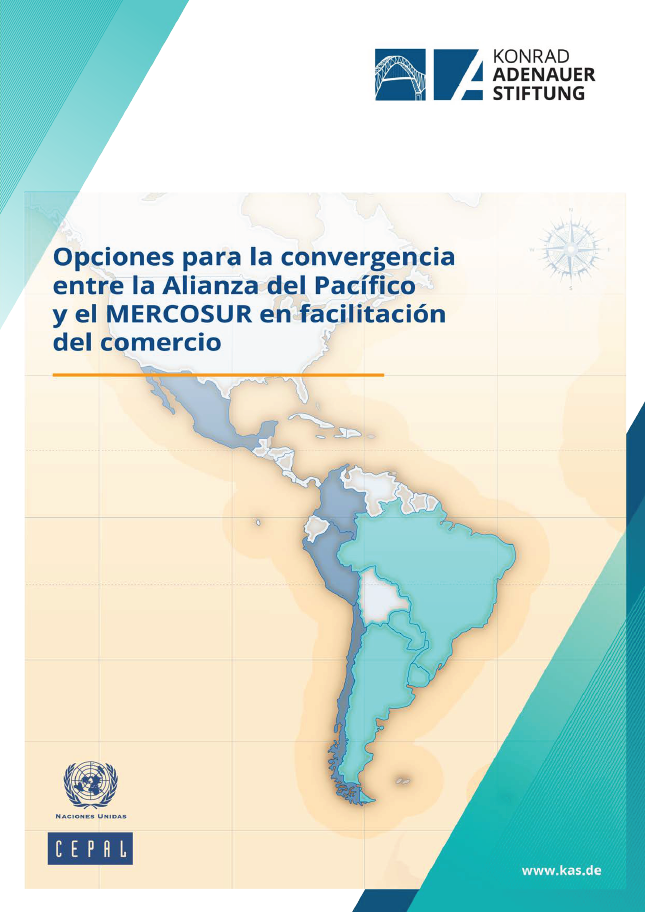On July 24, 2018, in Puerto Vallarta, Mexico, within the framework of the XIII Presidential Summit of the Pacific Alliance, the presidents of the bloc (Chile, Colombia, Mexico and Peru) and the presidents and senior representatives of Argentina, Brazil, Paraguay and Uruguay (Mercosur), signed a Joint Declaration, whose objective is to strengthen trade, economic and social ties between the two blocs. The Pacific Alliance (PA) and Mercosur are the integration processes with the greatest relative weight in terms of GDP and population in Latin America. Together, these eight countries account for approximately 81% of the population and 86% of the region's GDP. In addition, together they account for 89% of the region's exports and 88% of the region's exports and 88% of the region's exports. exports and 88% of the Foreign Direct Investment inflows of Latin American and Caribbean countries.1 It is in this context that the 8 countries signed this Declaration, in which they commit to preserve and strengthen the multilateral trading system, to promote free trade and open regionalism, among other issues; being perhaps point 6 of that Declaration, the most ambitious when they commit to "...evaluate how to continue deepening the trade relationship between both blocs with a view to reaching an eventual Free Trade Framework Agreement." And it is, under that framework, that they establish an Action Plan, which aims to follow up and deepen integration between both Parties, identifying various areas of joint work such as the non-application of unnecessary non-tariff barriers; fostering regional value chains; encouraging regulatory cooperation; trade promotion and MSMEs; among others, and trade facilitation. This last topic is the subject of this report, so we will review the actions defined for its implementation, the progress achieved and other international instruments in force related to trade facilitation, which will allow us to determine points of convergence in future work.




